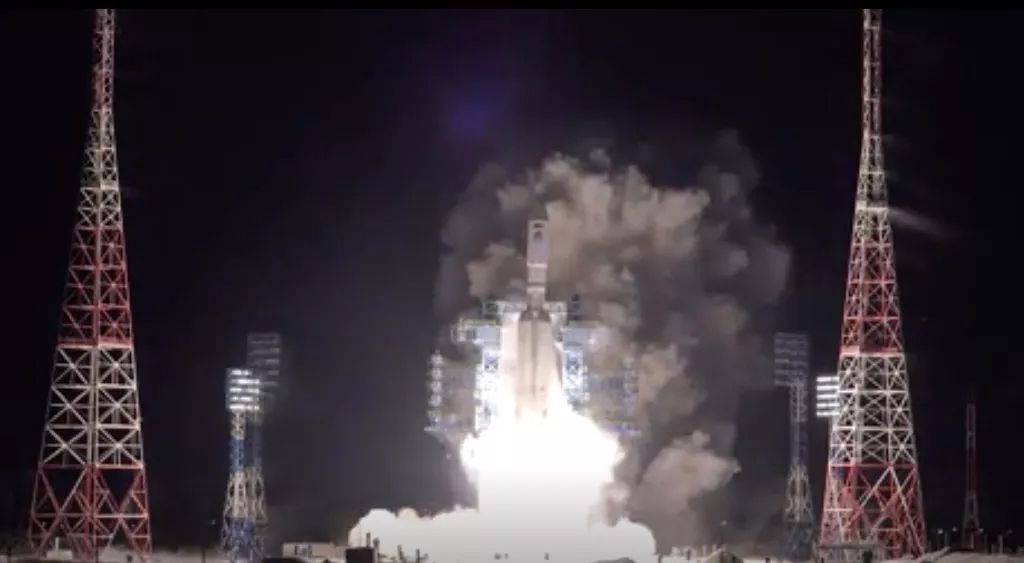
The space junk population just got a tiny bit smaller.
The Persei upper stage of a Russian Angara A5 heavy-lift rocket crashed back to Earth in an uncontrolled fashion Wednesday (Jan. 5), hitting the atmosphere over the Pacific Ocean at 4:08 p.m. EST (2108 GMT).
"Persei reentry confirmed: 2108 UTC over 121W 14S in the South [Pacific]," astronomer and satellite tracker Jonathan McDowell, who's based at the Harvard-Smithsonian Center for Astrophysics, said via Twitter.
That latitude/longitude location corresponds to an empty patch of sea east of French Polynesia.
The fall ended nine days aloft for Persei, which got stranded with a dummy payload during a test flight that launched on Dec. 27. Persei apparently dug its own grave, failing to restart as planned for a second engine burn that would have sent it from low Earth orbit to a much higher geostationary perch.
Related: The biggest spacecraft to fall uncontrolled from space
Persei was quite a large piece of space debris. At liftoff, it weighed about 21.5 tons (19.5 metric tons) here on Earth, but most of that was propellant. That fuel was likely vented during the stage's stay in orbit, so the chunk that fell back to Earth probably tipped the scales at around 3.5 tons (3.2 metric tons), according to Anatoly Zak of RussianSpaceWeb.com.
Most of the rocket body almost certainly burned up in Earth's atmosphere on Wednesday, according to McDowell, who analyzes publicly available tracking data. So don't expect to find any giant, smoking craters (if any pieces came down over terra firma).
"Any damage from surviving debris will be minor (it might dent some poor person's roof, but it won't wipe out humanity)," McDowell wrote via Twitter on Tuesday (Jan. 4).
He was responding in that case to a follower who asked if the Persei crash would resemble the scenario laid out in the 2021 film "Don't Look Up," which tells the story of two astronomers who try to warn people about a big comet streaking toward Earth. (The film is a satire, and the incoming comet is a metaphor for climate change and humanity's tepid response to its disastrous impacts.)
In May 2021, in a controversial example of a big space junk fall, the 23-ton core stage of a Chinese Long March 5B booster came down after 10 days in Earth orbit.
The Long March 5B had successfully lofted the core module for China's new space station on April 28. The rocket's core stage made it all the way to orbit that day, becoming a piece of space junk instead of diving into the ocean shortly after liftoff as first-stage boosters do on most launches. Hence the controversy.
The Dec. 27 launch was the third test flight for the Angara A5, development of which has been plagued by a series of delays. The first two launches of the heavy lifter, which took place in December 2014 and December 2020, both succeeded in delivering dummy payloads to the desired orbit.
Mike Wall is the author of "Out There" (Grand Central Publishing, 2018; illustrated by Karl Tate), a book about the search for alien life. Follow him on Twitter @michaeldwall. Follow us on Twitter @Spacedotcom or on Facebook.
Article From & Read More ( Big hunk of failed Russian rocket crashes to Earth as space junk - Livescience.com )https://ift.tt/3zvpY4K
Science
No comments:
Post a Comment